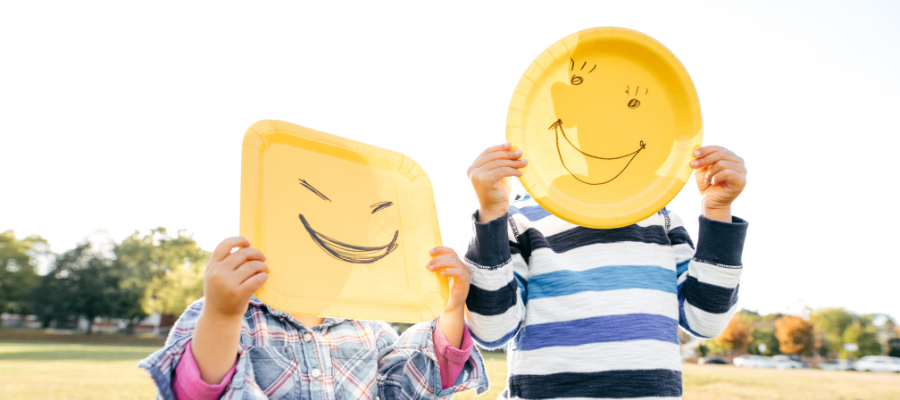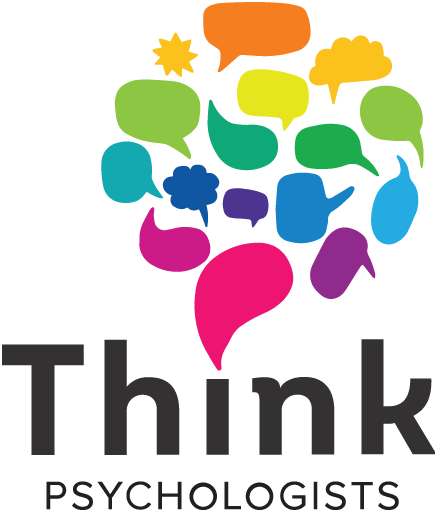Siblings of Children with a Disability: What Parents Need to Know

This post was first published for Hey Sigmund – a leading resource for research and news in psychology.
As parents, we’re constantly concerned with doing the best for our children; with the time, resources and energy we have. And as parents of a child with a disability, much of life is focussed on providing additional support to meet their needs. Extra time, different rules and more appointments. With so much focus on a child with a disability, how do we make sure we’re meeting the needs of their siblings?
Often, it’s the sibling of the child with a disability that presents as the “good child.” Due to their attunement to the needs of their brother or sister, the “good child” will present as so capable, self-directed and frankly — easy — that parents may not give them as much attention as they ideally need. I know this, not just as a psychologist who works in this area, but also because I am the sibling of a person with a disability.
I want to state upfront that I adore my (now adult) brother. He is truly a gift in my life and for our family. Because my brother has needed extra care and support through his life (and mine), I’ve developed an acute understanding of the experience of siblings of children with disabilities. This post addresses exactly what parents need to be aware of, along with some practical tips, to embrace the gifts and work with the challenges that siblings of a child with disabilities face.
What challenges do siblings face?
ATTENTION
Children with disabilities tend to get more attention than other children within the family. This is to be expected. Their needs are different. How can parents ensure these siblings get as much attention, when they are likely feeling stretched to the limits most days? It may be unrealistic to aim for equal time, and since these children often become independent and self-directed they don’t necessarily demand extra attention from their parents. Therefore it’s crucial to actually schedule regular one-to-one time in the diary, the same way you would schedule in a medical appointment for the child that has additional needs.
The time you schedule in does not need to be huge chunk either, but it does need to be one on one, regular and consistent. It is simply time spent for connection. It may look like 20 minutes each evening or 1 hour each week devoted to one-on-one time with a parent. This isn’t a set prescription, but it is vitally important so that your son and daughter knows they matter. It is also preventative, since these siblings tend to minimise their own problems because the family has enough to deal with. Scheduling in this time for connection means your child has the time and space to air concerns and worries they have, so these don’t escape your notice.
EXTRA RESPONSIBILITY
Siblings of children with a disability, by necessity, become extremely responsible and helpful children. They are viewed by their parents as capable and sometimes they are seen as more capable than they actually are. As parents it can be tempting to rely on siblings to provide additional care for their brother or sister, but this can force them to grow up too soon. Even if they seem capable of this extra responsibility, I strongly advise reviewing this aspect of their life regularly. If you need support on what is and isn’t appropriate, chat to your psychologist or therapist.
COPING WITH BIG FEELINGS
Most people respond really kindly to people with a disability. However, some people do not. As parents of a child with a disability you’ve likely had a mixture of experiences. Your other child or children are also coping with reactions from strangers out in public. As much as they love their brother or sister, there may be times where they have to navigate strong negative emotions (e.g., anger at someone’s response to their sibling or discomfort about the additional attention that comes with being different).
The scheduled one-to-one time you spend with the sibling or siblings is important, as this is a time they may work through feelings and reflect on experiences. It’s something beautiful that you can do together. Without this time and space, however, children may internalise those feelings and they may build up over time.
It’s not doom and gloom however. Being the sibling of a child with disability brings many gifts. In fact, children with disabilities are a gift.
So what gifts do siblings receive?
Empathy and compassion
Without a doubt, the sibling of a child with a disability will develop greater empathy and compassion than their peers. They will witness firsthand the struggles of people who are different and this is an enormous gift for our community. Siblings tend to be very loving and caring and we need more love in the world.
Resilience
Families of children with additional needs face extra pressures and challenges. And we’re stronger for it. According to a University of Melbourne study on childhood resilience, resilience is defined as “the ability to cope or ‘bounce back’ after encountering negative events, difficult situations, challenges or adversity, and to return to the same level of emotional wellbeing….also the capacity to respond adaptively to difficult circumstances and still thrive” Simply by being a sibling of a child with a disability, they are developing resilience that will enhance their capacity to cope throughout their life. This cannot be underestimated. I want to emphasise these gifts because some families may get stuck in the challenges.
ADVOCATES FOR INCLUSIVE COMMUNITIES
Not only do siblings develop compassion, empathy and resilience, which are all important, they tend to go on to advocate for inclusive communities. Within their school, sporting club or later — in their workplace — these siblings will be the ones who continually fight for respect, inclusivity and understanding for all: they’ll challenge discrimination and be champions of social justice. Who are the people building a better world? It’s likely these children. So let’s ensure they get the attention, level of responsibility and support they need to thrive and advocate for a kinder world.
Final Thoughts
With hindsight I can now appreciate all of the things about my brother (who has an intellectual disability, hearing impairment and a few other diagnoses) that I once found challenging when we were younger. I love his big personality and exuberant greetings to everyone he meets and his tendency to offer non-discriminant hugs to everyone. As a young and very reserved child I used to cringe at this but now I see him as a person with an amazing capacity to love others regardless of how they treat him. My brother doesn’t worry about other people’s perceptions of him, he doesn’t judge, he doesn’t worry about money or material items. He just wants to connect with others and to make them feel good. I admire his purity of heart. Shouldn’t we all strive to be a little more like him?
Additional Reading
View the University of Melbourne’s Literature Review for the Department of Education and Early Childhood Development by clicking the button below.

Dr Nicole Carvill is a respected child psychologist, presenter, researcher and PhD graduate who specialises in supporting neurodivergent children and their families. As the founder of Think Psychologists, she brings warmth, insight and a strong commitment to evidence-informed care. Nicole regularly presents to parents, educators and clinicians on topics including emotional regulation, inclusive education and trauma-informed practice.
Disclaimer:
The information provided in this blog is for general educational and informational purposes only and is not intended as a substitute for professional advice, diagnosis, or treatment. Every child and situation is unique. If you have concerns about your child’s mental health, behaviour, or wellbeing, please seek advice from our team or a qualified health professional. Engaging with this content does not replace personalised support from a healthcare professional.
